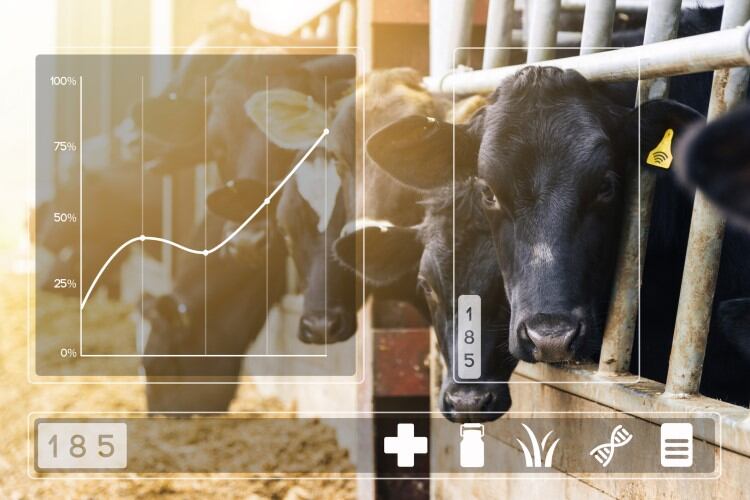America’s appetite for cheese is unwavering, and few would replace the dairy staple with a plant-based alternative – even if their health is at stake. This is one of the takeaways from recent market research carried out among 1,000 US adults by Wakefield Research on behalf of Saputo Dairy US.
According to the survey, around 96% of Americans admit they eat cheese, and a third (33%) include it in up to 21 meals a week; that’s three meals per day on average.
But adopting plant-based cheese is a different matter, the survey reveals. Only around a quarter (27%) of those polled said they would swap cheese for a plant-based alternative if their doctor had told them to eschew dairy cheese from their diet. Meanwhile, 20% said they would still eat a portion ‘occasionally’.
Plant-based cheese also lags behind non-animal milk and meat, with only 30% of consumers surveyed stating they had sampled plant-based cheese compared to 49% who had tried a meat or milk (46%) alternative.
Don’t label me
While years ago the number of females who were vegan was higher than their male counterparts across the globe*, Wakefield Research’s survey showed that 73% of US males were willing to adopt plant-based meat or dairy compared to females (63%). Males (22%) were also more likely to ‘always’ include plant-based cheese in their diet than females (14%), provided the product tasted good.
Meanwhile, adults with children were more open to sampling plant-based dairy cheese compared to those without children (81% versus 61% respectively).
The survey also provided insight into the US consumers’ readiness to embrace veganism, with 34% of those polled stating they would consider it. However, more than half (56%) stated they would be reluctant to tell others about becoming vegetarian or vegan – mostly out of fear that they wouldn’t stick with it (23%) but also because they wouldn’t want to be judge by meat and dairy eaters (18%).
Cheese that doesn’t melt or taste good
While the survey showed that 68% of consumers had tried some form of plant-based meat or dairy, around a third (32%) had never tasted plant-based alternatives, with concerns over taste (45%), health benefits (23%) and reluctance to back veganism (16%) the three main reasons behind this.
The results also highlighted several areas for improvement, or at least improved communication around the food segment’s functional and taste properties. Wakefield Research said that 40% of consumers thought plant-based cheese ‘tastes funny’, has ‘an odd texture’ (40%) or ‘doesn’t melt at all’ (34%).
There is a silver lining for manufacturers, however – around a third (31%) of those who include plant-based cheese on their shopping list would add it into eight meals a week, and nearly one in four (21%) admit they ‘love’ their preferred plant-based cheese alternative. Half of the consumers surveyed also suggested that if manufacturers developed a plant-based cheese alternative that ‘tastes as good as dairy’, they would ‘always or often’ include it in their diet.
Source: Study of Current and Former Vegetarians and Vegans
Kathryn Asher, et al
Human Research Council, 2014



